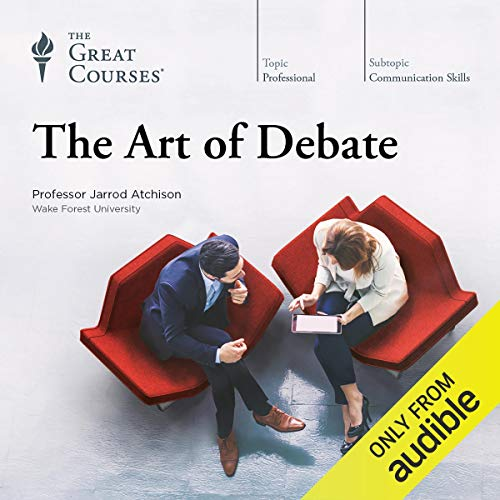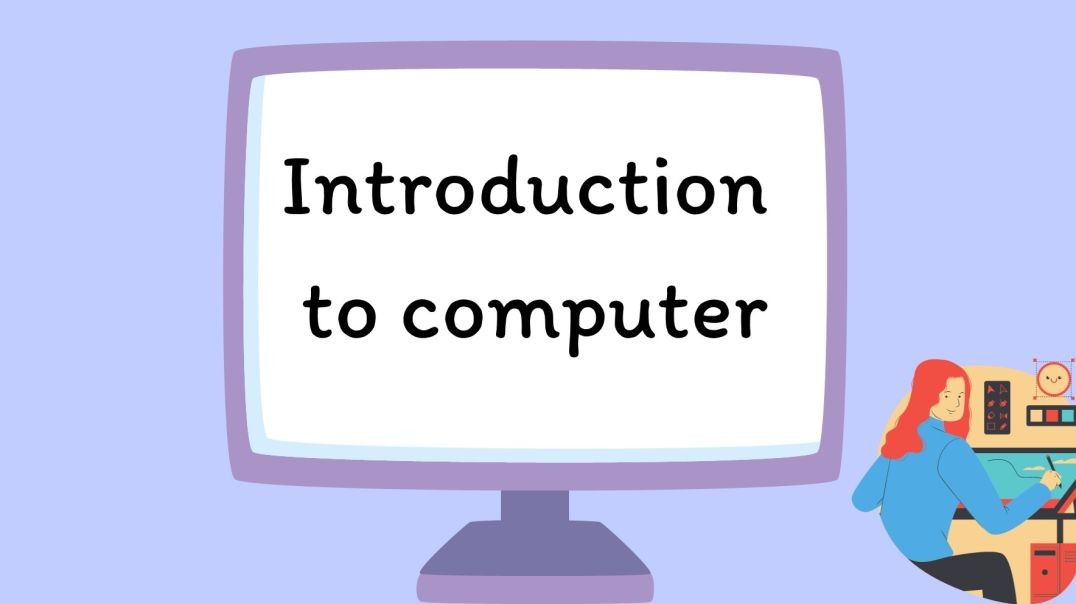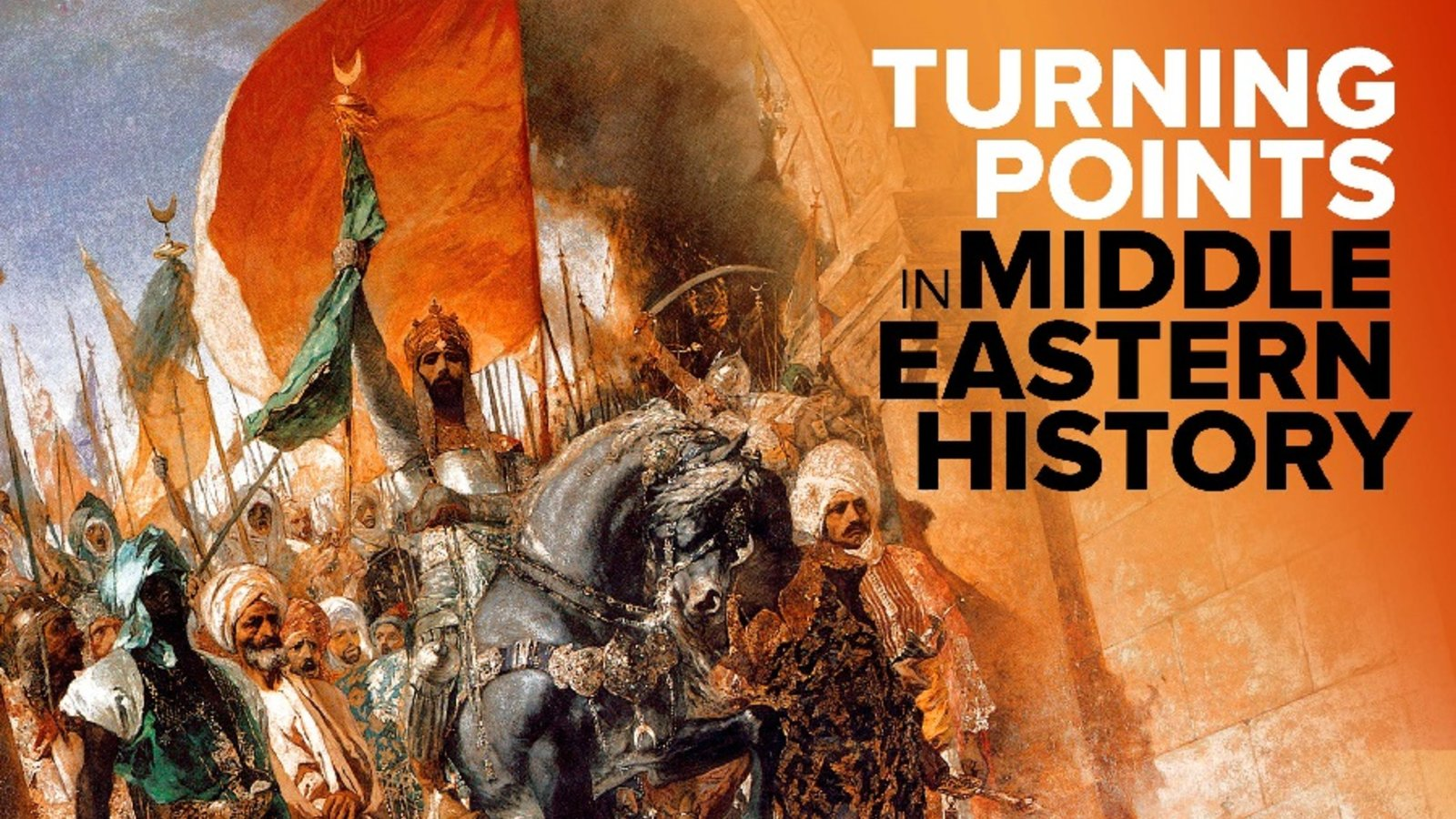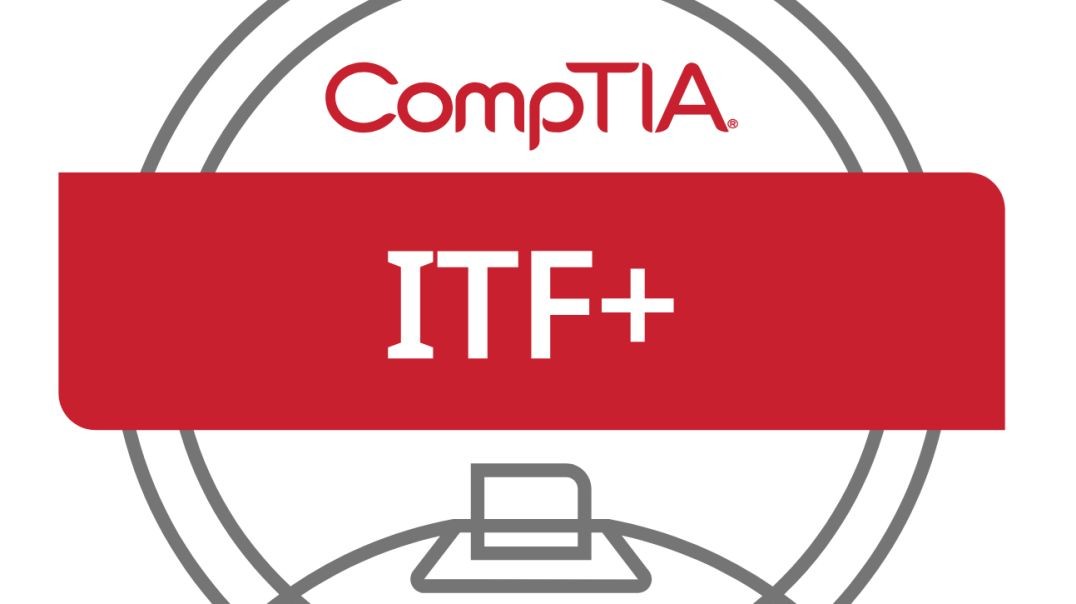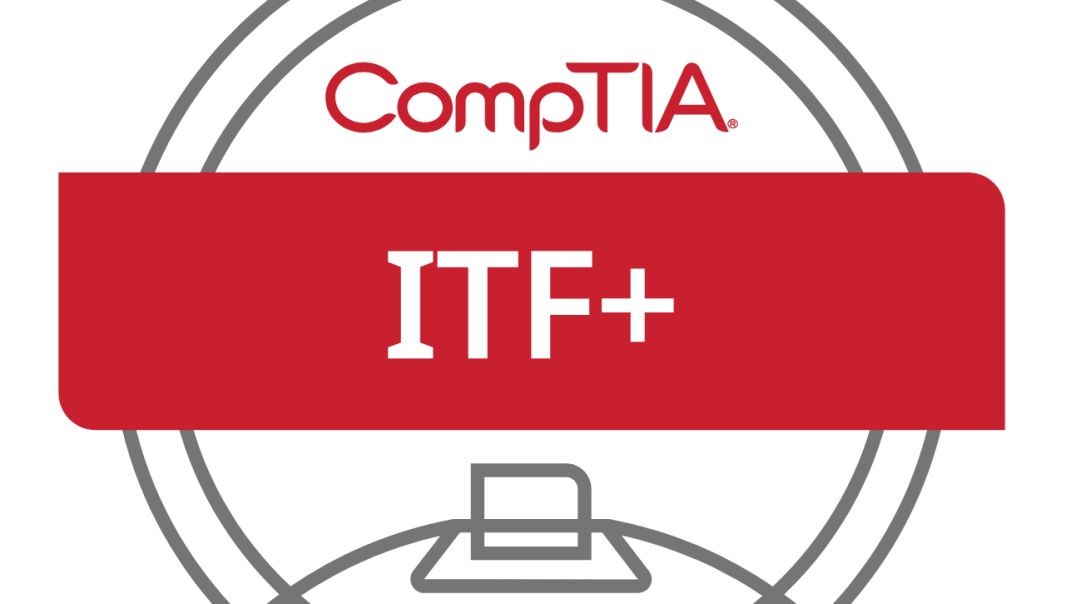Top videos
Part 35 of C# .NET Bootcamp: Access Modifiers in C#
In this lesson you will learn about access modifiers in C#
No debate is won without consideration of the audience-of the ultimate decider or the judge. If you can't connect with this audience, you won't be able to win them over. After considering how to make such a connection, you'll then sharpen your skills in creating a well-researched case with enough nuance to argue your point.
Module 8 Part 3: Internet of Things (IoT) and Quantum Computing
Discover the golden age of Cordoba as a global center of education and culture. Learn how the displaced Umayyad caliphate established a kingdom in exile in Cordoba, whose rulers oversaw remarkable advancements in lifestyle and manners, magnificent architecture and urban development, and the cultivation of the best available Muslim, Christian, and Jewish scholarship.
OSN-K Informatika 2024
Part 25 of C# .NET Bootcamp: Operators
CompTIA IT Fundamentals+ Course | Module 15 Part 2: Flowcharts and Sequences
OSN-K Informatika 2024
CompTIA IT Fundamentals+ Course | Module 21 Part 1
CompTIA IT Fundamentals+ Course | Module 7 Part 1: Networking Fundamentals
CompTIA IT Fundamentals+ Course | Module 6 Part 2: Storage Devices
CompTIA IT Fundamentals+ Course | Module 15 Part 5: Variables and Constants
CompTIA IT Fundamentals+ Course | Module 12 Part 1: Software Applications
CompTIA IT Fundamentals+ Course | Module 14 Part 1: Troubleshooting Methodology
Part 06 of Computer Networking Fundamentals: Wide Area Networks (WANs)
Wide Area Networks
At the end of this episode, I will be able to:
- Describe the components and attributes of a wide area network.
Learner Objective: Describe the components and attributes of a wide area network
Description: In this episode the learner will identify the components and attributes of a wide area network.
Introduction to Network Infrastructure
- Wide area networks (WAN)
- What is a wide area network? - A network that groups together or connects more than one local area networks. These networks utilized a combination or short-range private network links as well as long range carrier provided public links.
- Connection Types
- Leased Lines
- Direct Connections (On-premise to cloud)
- Channelized Carrier Standards
- T1 = 1.55 Mbps
- T3 = 44.736 Mbps
- OC1 = 51.84 Mbps
- OC3 = 155.52 Mbps
- Multiprotocol Label-Switching (MPLS) - this is a WAN technology that uses labels to determine the shortest path, instead of network addresses. The multiprotocol label switching technology is implemented in a mesh topology.
- Synchronous Optical Networking (SONET) - this is a WAN technology that can transmit large amounts of data over long distances using fiber optic media. The SONET technology implements a fault-tolerant ring topology.
- Digital Subscriber Line (DSL) - this is WAN technology allows digital data and voice signals to be transmitted over traditional telephone networks call public switched telephone network or PSTN copper media. The most common DSL type is called asymmetrical DSL or ADSL, providing faster downloads than uploads
- Dialup - this is one of the oldest networking technologies using copper media with data being transmitted over public switched telephone networks or PSTN. Dialup is a digital signal that is modulated over a analog carrier via a modem.
- Leased Lines
- Wide area networks (WAN)
Part 22 of C# .net Bootcamp: Strings
In this lesson, you will learn about strings and how to use them in C# and .net

